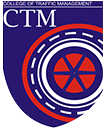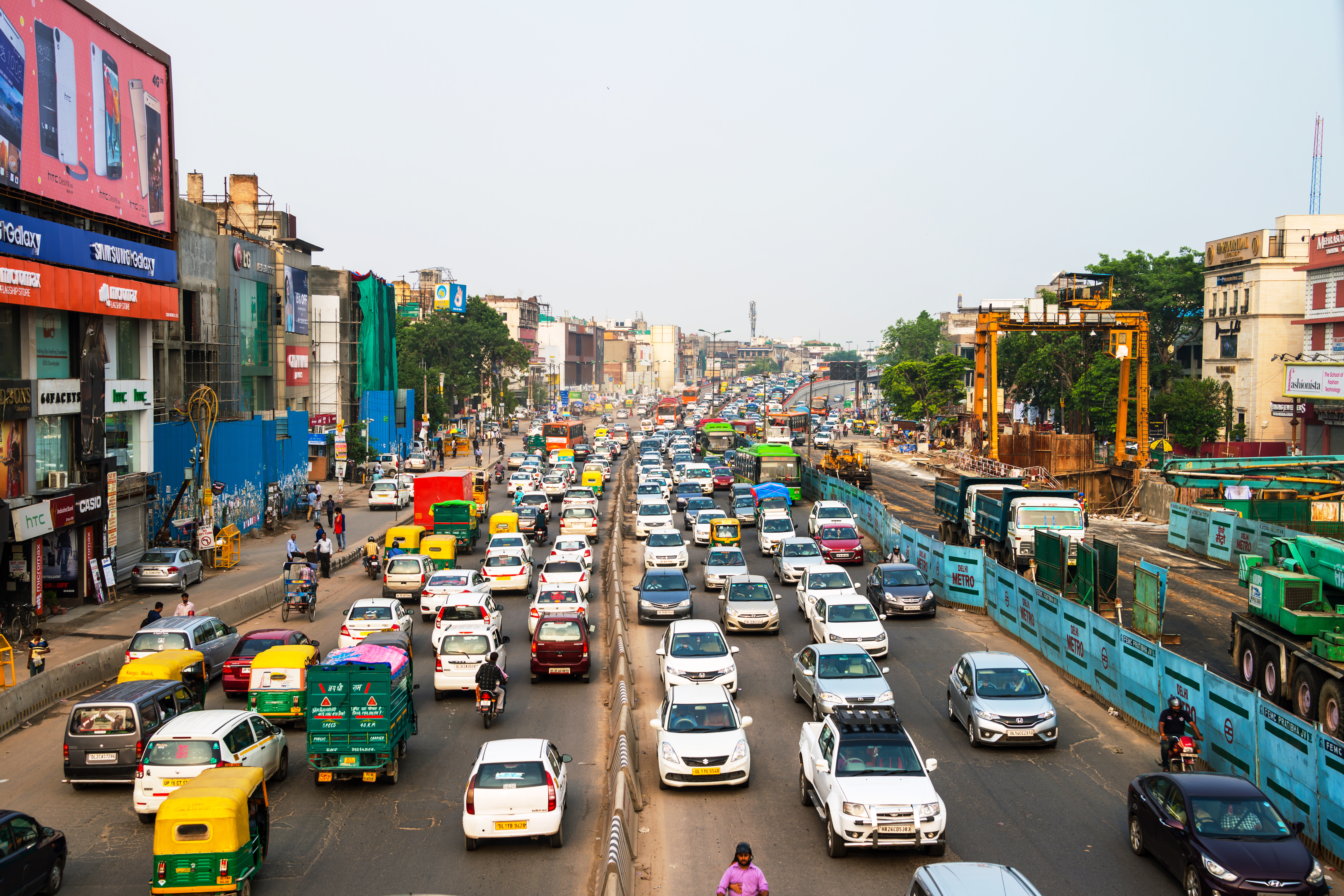According to government data, 1,51,000 people are killed in road accidents every year in India. The World Health Organisation (WHO) estimates that this figure should be twice as much. The number of serious injuries is also estimated to be around 26 lakhs though only 5,00,000 are officially reported. There is an urgent need for a better traffic management system to ensure road and passenger safety.
Yes, many of us do not wish to file an FIR ( First Information Report) with the police. Primary reasons are that we reach a compromise, or we do not want to get involved with the police and the cumbersome court procedures. Many times it is a single-vehicle accident caused due to failures in the road environment. We do recognise that due to the absence of an advanced traffic management system there was a major road failure which was responsible for the accident, like large ditches or caved in portions, stones and boulders on the road which was not warned. The question arises: Against whom should we ask the police to file an FIR?
The police also do not advise you to do so.
This advisory is for all road users and victim families, who meet with serious and fatal injuries, which could have been avoided with a better understanding of the traffic management system.
They must now insist on demanding an FIR for accidents caused by unwarned road failures:
The Amended Motor Vehicles Act 2019 has introduced a new provision: Section 198 (A) which holds the road authority ( designated authority, contractor, consultant or concessionaire) responsible for failure to comply with standards in road design, construction and maintenance, which results in death or disability. Though the provision only prescribes a” fine which may extend to one lakh rupees and the same shall be paid to the Fund constituted under section 164B”, but establishes the basis of negligence leading to death or serious injury.
Unless road users become aware of their ‘right to safety’ and bookcases for such negligence, poor road maintenance and negligence in construction of roads will continue to be one of the major reasons for serious and fatal crashes. For those interested in making our country safer, Institute of Road Traffic Education offers a course called M.Sc. in Traffic Management that trains a person to be academically and practically trained in all domains of a traffic management system to include: traffic engineering, road safety audit, traffic enforcement, road crash investigation, driver training, vehicle safety, road safety education, highway asset management and post-crash management and other related avenues.
I advise accident victims or their families to consult their legal advisors in order to invoke this provision and insist on filing an FIR, where the accused would be the designated road authority. This is a new section, and therefore most of the police personnel may not be aware. Therefore I am reproducing the contents of the Section as follows:
Section 198A
Failure to comply with standards for road design, construction and maintenance
(1) Any designated authority, contractor, consultant or concessionaire responsible for the design or construction or maintenance of the safety standards of the road shall follow such design, construction and maintenance standards, as may be prescribed by the Central Government from time to time.
(2) Where failure on the part of the designated authority, contractor, consultant or concessionaire responsible under sub-section (1) to comply with standards for road design, construction and maintenance, results in death or disability, such authority or contractor or concessionaire shall be punishable with a fine which may extend to one lakh rupees and the same shall be paid to the Fund constituted under section 164B.
(3) For the purposes of subsection (2), the court shall, in particular, have regard to the following matters namely:—
(a) the characteristics of the road, and the nature and type of traffic which was reasonably expected to use it as per the design of road;
(b) the standard of maintenance norms applicable for a road of that character
and use by such traffic;
(c) the state of repair in which road users would have expected to find the road
(d) whether the designated authority responsible for the maintenance of the road knew, or could reasonably have been expected to know, that the condition of the part of the road to which the action relates was likely to cause danger to the road users;
(e) whether the designated authority responsible for the maintenance of the road could not reasonably have been expected to repair that part of the road before the cause of action arose;
(f) whether adequate warning notices through road signs, of its condition had been displayed; and
(g) such other matters as may be prescribed by the Central Government.
Explanation.—For the purposes of this section, the term “contractor” shall include sub-contractors and all such persons who are responsible for any stage in the design, construction and maintenance of a stretch of road.









No Comments